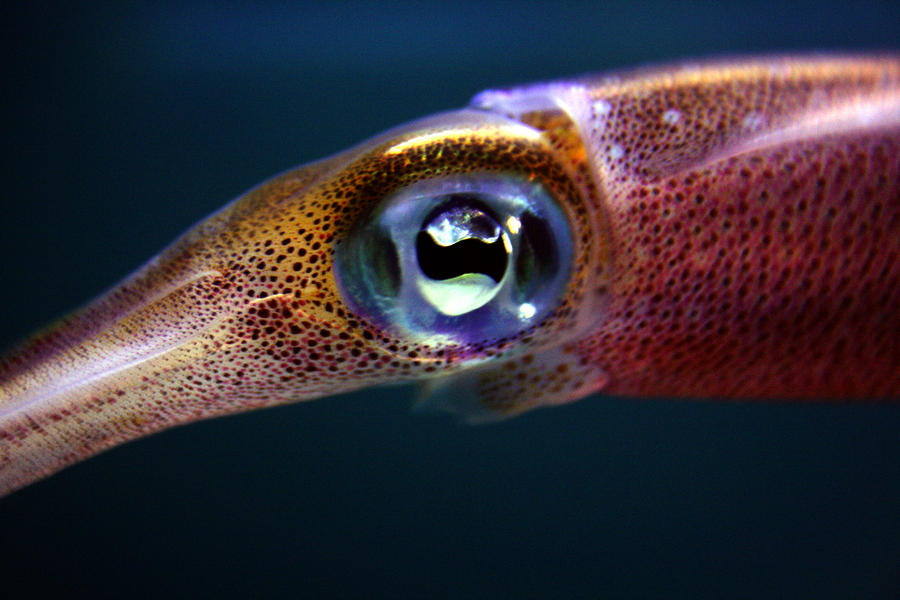Ah the irreducible complexity argument. Mind if I take a stab at it when it comes to the eye? Thankfully we have a lot of living examples that show a lot of what's believed to be the intermediate stages.Haefulz said:Back on the topic of evolution: Another common criticism of natural selection is the development of more complex body parts such as an eye. Some say species couldn't have developed eyes through evolution because without the entirety of the eye (iris, pupil, retina, etc.), the eye as a whole would be useless, so species that developed mutations with only one part of the eye wouldn't survive, thus wouldn't reproduce. In my opinion, this is one of the best counters to natural selection, though I've seen some answers for it that haven't quite satisfied me.
So first we have photosensitive spots which can detect light or darkness. This is a relative simple chemical reaction even some bacteria have them.

After that we see the surfaces that these receptors are put on start to curve. This gives the added advantage of allowing creatures to better discern what direction the light is coming from, which is a good thing where you're on the lookout for a shadow that might be your dinner or try to make you its dinner. Slugs have these.

Then these spots become enclosed which offers a two fold benefit. First it helps protect the spots against damage and it also produces what is known as the pinhole effect to increase resolution. We see these in species like the nautilus which has a pinhole eye that is simply an enclosed photosensitive spot with no lens.

Once we have a pinhole the next step is to give it extra protection against random debris because getting stuff stuck in there can be a real pain. If this covering high a higher refraction index than the surrounding material then you also have the added benefit of focusing light into your photoreceptors thus improving image quality which is what we see with squids.


After that it's just a matter of fine tuning the muscles around the lens to sort out the pupil and the like. Unfortunately for humans because eyes grow from the brain we have a blind spot where the optic nerve connects that invertebrates don't have. If you want more information about this check out http://www.d.umn.edu/~olse0176/Evolution/evoeye.html.

